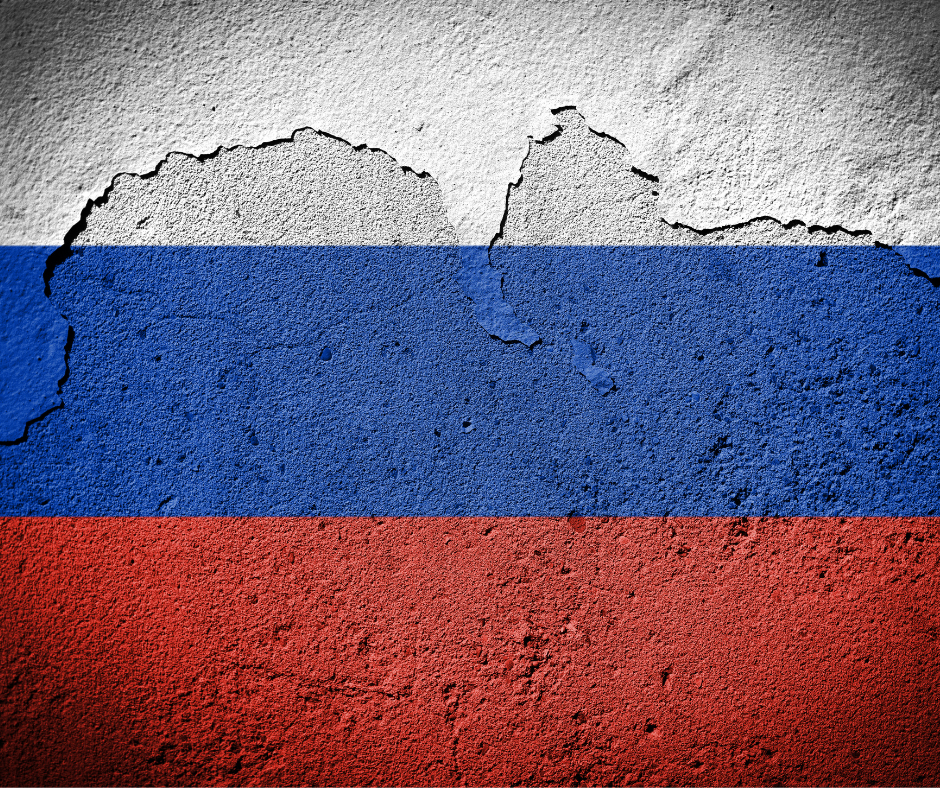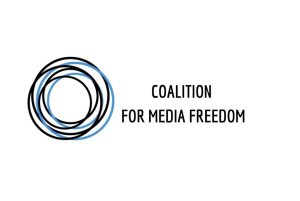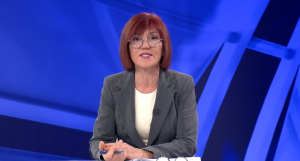Russia’s Investigative Committee announced, in a statement on Telegram on 20 May, that a criminal case had been launched against journalist Galina Timchenko. She has been accused of organising the activities of an “undesirable organisation” and posting videos “to foment protest sentiment and to involve the public in the activities of such an organisation”. The International and European Federations of Journalists (IFJ-EFJ) condemn this action and demand that the Russian government stops criminalising journalism and harassing journalists who have fled the country.
Galina Timchenko, 64, a Russian-born journalist based in Latvia and CEO of Meduza, is facing a criminal case recently opened by the Russian Investigative Committee. She was previously labelled a ‘foreign agent’ and now stands accused under Russia’s tightening laws on media freedom.
Timchenko has been reporting on Russia’s war in Ukraine for the past three years. Her newsroom is operating in exile from Latvia.
According to Russian Federal Law of 23/05/2015 No. 129-FZ, institutions deemed ‘undesirable’ can be subjected to fines or an order can be issued to dissolve them. Meduza, which continues to report critically on Russia’s full-scale invasion of Ukraine, stated that Timchenko could face up to six years in prison if convicted.
“At first glance absurd, given that Galina Timchenko is being prosecuted in absentia, the legal action against her is far from harmless. It not only amounts to significant psychological pressure but also increases the risk of unpleasant incidents in everyday life, even outside Russian territory. We express our solidarity with Galina Timchenko. It is important to emphasise that this is not an isolated case: many Russian and Belarusian colleagues in exile are facing similar forms of pressure,” said the International Secretary of the Journalists’ and Media Workers’ Union (JMWU), Andrei Jvirblis.
“We are grateful for Galina and her team, who are doing a remarkable job in continuing to inform Russians and the international community with the highest journalistic standards despite a very challenging environment. We stand with the many Russian journalists who continue to be threatened and intimidated by the Russian authorities abroad, who persist in trying to silence them,” said EFJ General Secretary Ricardo Gutiérrez.
Since the beginning of the war in February 2022, the Russian authorities have passed severe legislation restricting freedom of speech within Russia, including heavy fines and prison terms for those accused of spreading so-called ‘false information’ about the military. Last month, a Russian court sentenced four journalists to prison, labelling them as ‘extremists’.
“This is another shameful attempt to silence Russian journalists,” said IFJ General Secretary Anthony Bellanger: “Galina Timchenko is being criminalised for doing her job, which is to inform the public. Journalism is not a crime and we call for all charges against her to be dropped immediately. The international community must not remain silent while Russia continues to erode press freedom and prosecute journalists under false pretences.”
The IFJ-EFJ stands in full solidarity with Galina Timchenko and all journalists under threat in Russia and in exile.
Source: EFJ




